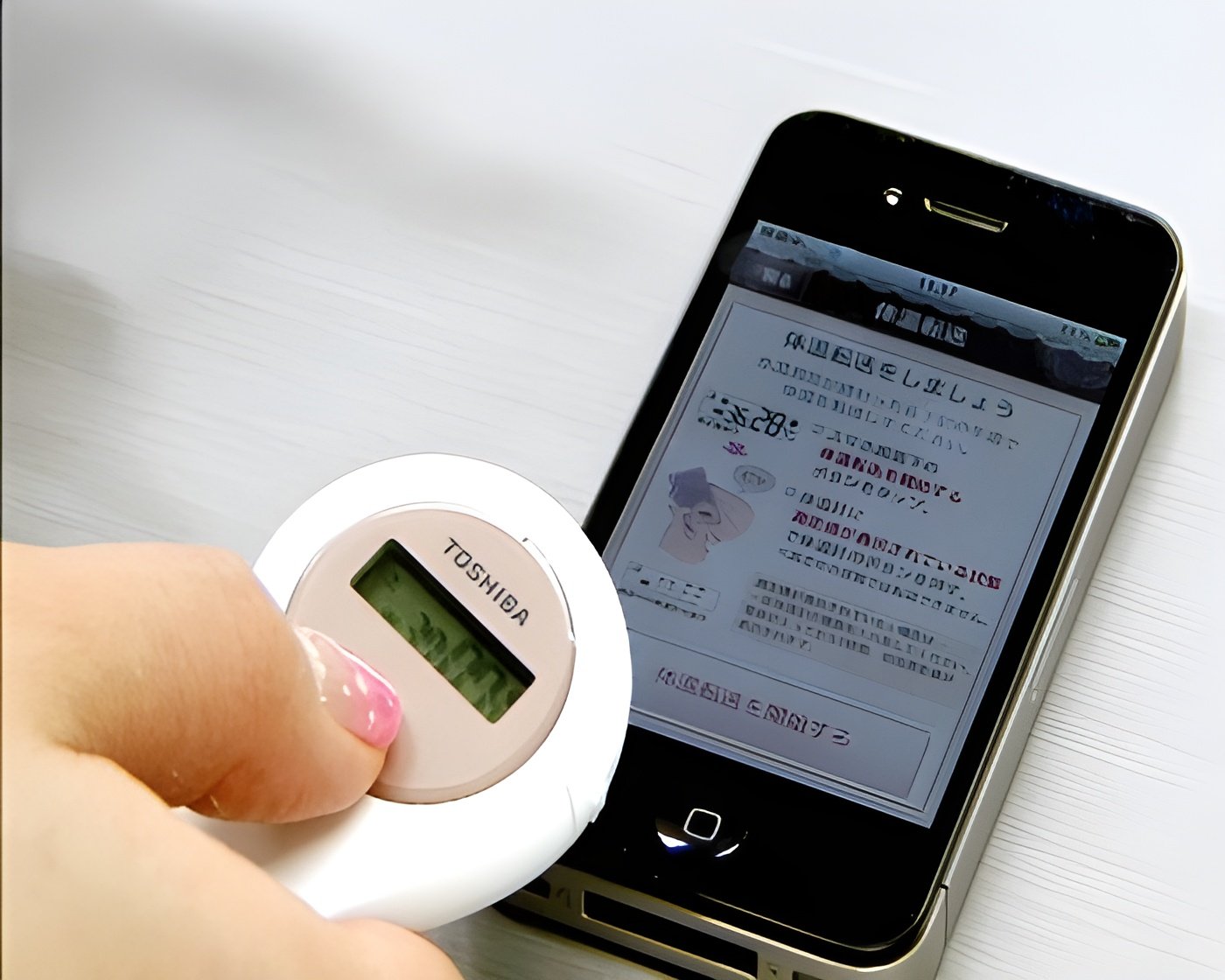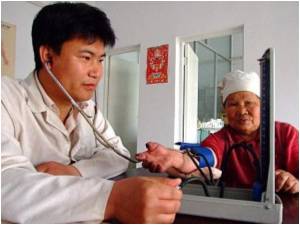Electronic health records (EHR) provide better access points to clinicians to review a patient's medical history than the medical records kept in paper charts.

For each exam, the neuroradiologists compared the medical information generated by the emergency department physicians to the additional information retrieved by interpreting radiologists who had access to EHR patient data. The interpreting radiologists found that in many of the cases, the additional data in the EHR would have a significant impact on the interpretations of the head CT scans.
In nine percent of the cases, the neuroradiologists predicted the interpretation would have "very likely" been adversely affected had the EHR data not been available. In 22 percent of cases, the additional clinical information found in the EHR was rated as "possibly" having a clinically significant impact on the interpretation of the head CT. "This study exemplifies the power of EHR's and their potential impact on patient care and positive outcomes. Health care providers must recognize the value of implementing EHR's and foster their widespread adoption," said Dr. Ulmer. "The federal government has made a significant investment in the adoption of these systems, particularly with the challenges of expanding remote access to high-quality care."
Source-Eurekalert




![Health Insurance Portability and Accountability Act [HIPAA] Health Insurance Portability and Accountability Act [HIPAA]](https://images.medindia.net/patientinfo/120_100/hipaa.jpg)





